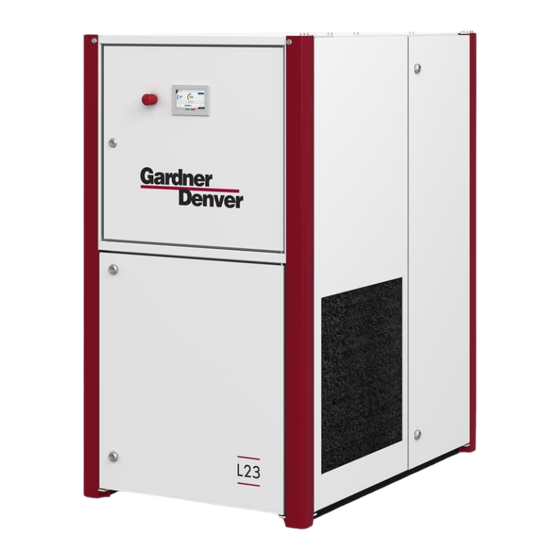
Gardner Denver L Series Original User And Service Manual
Hide thumbs
Also See for L Series:
- Operating and service manual (84 pages) ,
- Original user and service manual (72 pages) ,
- Service manual (56 pages)
















Need help?
Do you have a question about the L Series and is the answer not in the manual?
Questions and answers